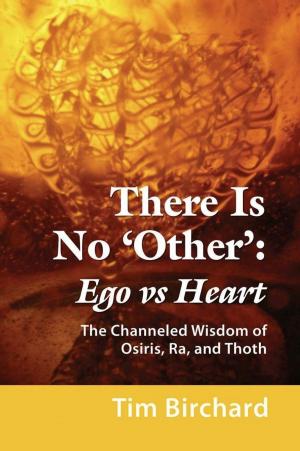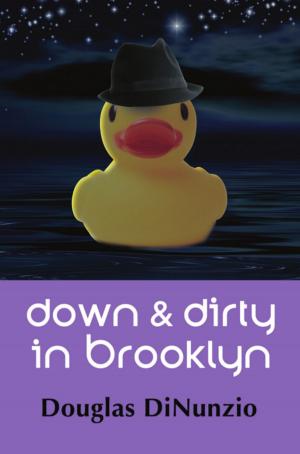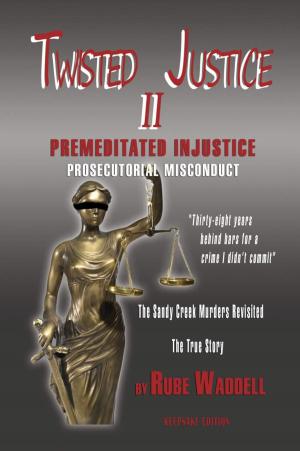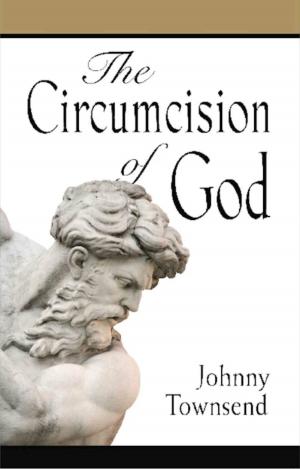THE INDIFFFERENCE OF BIRDS
Daily Reflections on the Philosophy of Zhuangzi
Nonfiction, Religion & Spirituality, Philosophy, Religious| Author: | Scott P. Bradley | ISBN: | 9781634917834 |
| Publisher: | BookLocker.com, Inc. | Publication: | October 10, 2016 |
| Imprint: | Language: | English |
| Author: | Scott P. Bradley |
| ISBN: | 9781634917834 |
| Publisher: | BookLocker.com, Inc. |
| Publication: | October 10, 2016 |
| Imprint: | |
| Language: | English |
Zhuangzi (Chuang Tzu), a Fourth Century BCE Chinese philosopher, considers the actual human condition and imagines a unique way of enjoying the life experience without recourse to religious belief.
Rather than fearing and attempting to flee our inherent transience and cognitive adriftedness, what if we so completely embraced and identified with them that we no longer depended on either existing or knowing? Then we could playfully wander through life and fear nothing that could befalls us.
What if, rather than fearing death, we took life and death as a single string, one body? Then we could say, "since my life is good, then so too is my death good."
What if every vicissitude, every possible circumstance, could be taken as an opportunity to soar in freedom in non-dependence on any circumstance? What could then rob us of the joy of living?
What if we could change the world by not changing the world? What if we could practice non-being the change? Then we could truly be part of the solution rather than simply perpetuating the problem.
What if we could recover our sense of oneness with all things and thus respect and affirm all things? Then we would be well-grounded, philosophically and organically, in our search for environmental justice.
All these imaginative possibilities and many more are explored in this treatment of the philosophy of Zhuangzi. They are presented in the form of daily meditations with a view to stimulating the reader's own imaginative explorations throughout the day.
Zhuangzi (Chuang Tzu), a Fourth Century BCE Chinese philosopher, considers the actual human condition and imagines a unique way of enjoying the life experience without recourse to religious belief.
Rather than fearing and attempting to flee our inherent transience and cognitive adriftedness, what if we so completely embraced and identified with them that we no longer depended on either existing or knowing? Then we could playfully wander through life and fear nothing that could befalls us.
What if, rather than fearing death, we took life and death as a single string, one body? Then we could say, "since my life is good, then so too is my death good."
What if every vicissitude, every possible circumstance, could be taken as an opportunity to soar in freedom in non-dependence on any circumstance? What could then rob us of the joy of living?
What if we could change the world by not changing the world? What if we could practice non-being the change? Then we could truly be part of the solution rather than simply perpetuating the problem.
What if we could recover our sense of oneness with all things and thus respect and affirm all things? Then we would be well-grounded, philosophically and organically, in our search for environmental justice.
All these imaginative possibilities and many more are explored in this treatment of the philosophy of Zhuangzi. They are presented in the form of daily meditations with a view to stimulating the reader's own imaginative explorations throughout the day.















